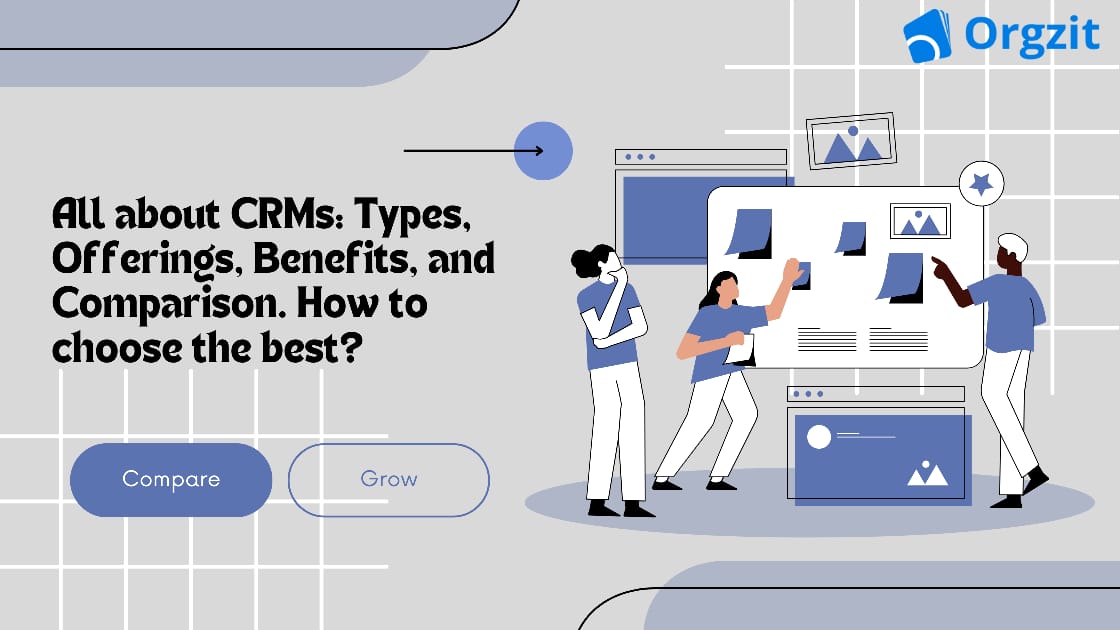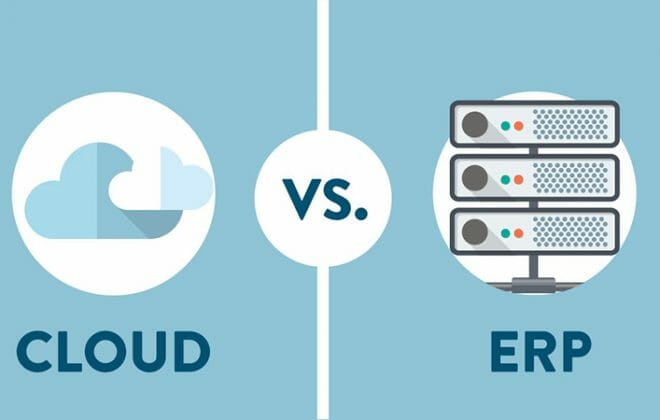The ultimate guide to understanding types of CRMs
Developing a personal rapport with your clients is relatively simpler when your clientele is small, as you would be familiar with their objectives, purchasing histories, and patterns.
But when your company grows, things become more challenging. How can you guarantee that each client receives the same high level and standard of care? When you have thousands of consumers, how can you offer personalized, pertinent interactions?
That is exactly where Customer relationship management (CRM) software can help. Even when your firm expands, CRM helps to lessen administrative strain and enhance customer experience.
TL;DR
-> CRM is a technology that helps businesses manage their interactions and relationships with current and potential clients. Its primary goal is to strengthen commercial ties and business relationships. CRM systems streamline customer interactions, sales processes, and marketing campaigns by improving efficiencies across workflow and the sales pipeline.
-> The CRM process consists of five stages: reach, lead acquisition, lead conversion, customer retention, and customer loyalty. It involves managing customer data, analyzing information, and generating meaningful reports.
-> CRMs can be divided into four categories: Operational CRM, Analytical CRM, Collaborative CRM, and Strategic CRM. Some common myths about CRMs include that they are not necessary for all businesses, that all CRMs are the same, that implementing CRM is hard, that CRM costs a lot, and that running a CRM requires a large team.
-> Choosing the right CRM solution requires researching and identifying your business goals, setting up the CRM type, and analyzing the benefits. With multiple options available, it is easy to find a CRM that matches your vision. Good customer relationship management equates to a better business.
What is a CRM?
Customer relationship management (CRM) is a system or technology that allows businesses to manage all of their interactions and relationships with current and potential clients. Its straightforward goal is to strengthen commercial ties and business relationships. CRM systems assist businesses in maintaining contact with clients, streamlining procedures, and boosting profitability.
Why is CRM important?
CRMs are generally designed to streamline and improve customer interactions, the sales process, and the running of marketing campaigns. They do this by improving efficiencies across workflow and the sales pipeline—automating tasks and analyzing data. CRMs can aid in improving customer interactions and internal efficiency, which together can lower costs and boost income. To put it another way, applying a CRM solution in place can help you increase your profit margins, assist you in better organization, and ensure increased client communication and streamlined internal communication. This, in turn, will lead to an increased automation potential for booming businesses.
What is the CRM Process?
A CRM process is a strategy for maintaining personalized customer interaction through various stages and involves managing customer data, analyzing information, and generating meaningful reports. The purpose of the CRM process is to increase brand awareness, enhance business loyalty, strengthen customer service relationships, and aid in client retention, and promote sales growth.
The CRM process consists of five stages, namely, reach, lead acquisition, lead conversion, customer retention, and customer loyalty, which require the joint effort of a business’s marketing team, sales team, and customer support team. The advantage includes access to a complete overview of the customer’s journey.
Types of CRM
CRMs can be divided into four categories. This classification is mainly based on how they perform tasks and functions and their business orientation.
CRMs based on functions
- Operational CRM
- Analytical CRM
- Collaborative CRM
- Strategic CRM
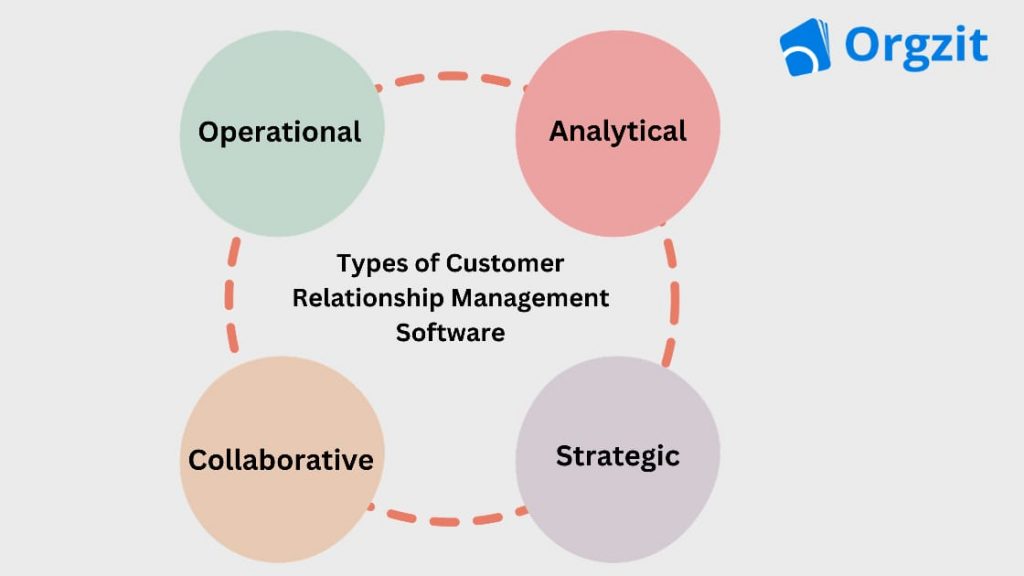

Operational CRM (to manage your business.)
Operational client relationship management software assists you in coordinating the efforts and streamlining the activities of different teams and departments, mainly marketing and sales. It enables you to gather and compile all your customer interactions into concise, practical, and insightful customer data.
Offerings: Operational CRM’s major objective is to increase customer acquisition and retention. In order to do this, they help you produce new leads, nurture them into customers, and then keep them as customers through ongoing marketing and advertising communication and excellent customer service.
Benefits: The benefits of these types of CRMs include customer satisfaction, positive referrals, expansion of the network, and boosting profitability.
Examples: Orgzit, Salesforce, Propeller.
Used by: Operational CRM solutions are used by companies of all sizes, and they frequently enable CRM automation to save time.
Analytical CRM (to evaluate your business’s success)
An analytical CRM system enables you to comprehend how your prospects are progressing through your sales funnel, as opposed to an operational CRM system, which assists in bringing leads into your sales funnel. Analytical CRM systems collect, archive, and analyze customer data to reveal insights into how customers engage with your company.
Offerings: The information mentioned above enables you to evaluate the success of your marketing, sales, and customer service initiatives and accordingly guides you to modify and adjust your strategy as necessary.
Benefits: Benefits of this type of CRM include lead conversion into a customer, predicting and analyzing buying habits and patterns, and helping you predict financial forecasting.
Analytical CRMs are used by businesses of all sizes and are especially helpful for companies looking to enhance their customer relationship management procedures.
Examples: Orgzit, Hubspot, Zoho Analytics, Creatio
Collaborative CRM (to support managing teams)
In a large company, the teams in charge of sales, marketing, and customer service commonly work together on client accounts. A collaborative CRM’s primary objective is to enhance customer satisfaction and expedite business operations by facilitating smoother and more efficient departmental collaboration.
Offerings: Collaborative CRM facilitates document management, allows managers to assign responsibilities and priority levels, and allows team members to connect with one another via a variety of channels.
Benefits: Saves time by making communication transparent and efficient. It also benefits companies with remote setups or a workforce with multiple offices.
Examples: Orgzit, Microsoft Dynamics 365, SugarCRM, Copper
Used by: Collaborative CRMs are particularly popular with large businesses—companies with sizable customer bases where numerous employees handle individual client accounts.
Strategic CRM (to organize new offerings and commercial strategies for consumers, businesses, or industries)
The newest CRM solution in the market is strategic CRM. The focus of strategic CRM is on sustained customer involvement. Their main objective is to foster client loyalty and customer retention. Strategic CRM gathers data on customer priorities and demands and needs to add value for your clientele.
Benefits: It has tools and modules that help you with all major business decisions.
Used by: They’re handy for companies that need to handle long-term client relationships, like an IT firm that offers continuous data management services to customers.
CRMs can be further classified and distinguished based on business size and business process. Below is a comprehensive CRM table to help you understand these distinctions better.
CRMs based on business size
| Business size | Introduction | Best Fit | Pros & Cons |
| Enterprise | CRM for enterprises assists organizations in managing a vast number of clients, facilitating seamless team collaboration, and gaining insightful data on consumer behavior. | Salesforce Sales Cloud | -Marketing automation -Opportunity management and customer support -Complex to use -Very expensive |
| SMB (small & medium businesses) | CRM for small and medium-sized organizations assists in enabling visibility, control, and value for money overall business activities. | Orgzit | -Fastest customization -Best value pricing -Not for marketing automation -Lead management -Quote Management |
| STARTUPS | CRM for startups assists in establishing and maintaining relationships with customers, improving customer service, and converting more leads into sales. | HubSpot | -Intuitive user interface -Integration with Outlook and Google -Limited customization -Potentially high cost with add-ons |
CRMs based on business process
| Business process | CRMs and Features | Examples |
| SALES | CRM software for sales is required for tracking and controlling processes throughout the sales and lead generation cycle. | Orgzit, Freshsales, Pipedrive, Zendesk sell |
| MARKETING | CRM for marketing helps you leverage data to create personalized communications. The aim is to optimize customer relationships and increase customer loyalty and revenue. | ZohoCRM, Mailchimp, SugarCRM |
| OPERATIONS | CRM for operations speeds up daily chores and processes for the entire team by automating activities like contact organization and communication. | Orgzit, AgileCRM, Keap |
| SERVICE AND SUPPORT | CRM software for customer service enables businesses to provide custom support and improve client relationships at all stages of the customer journey, especially post purchase. | Orgzit, Capsule, Nimble, Creatio |
Debunking myths about CRMs
Customer Relationship Management is often viewed as something very complex and technical. While this is only an aspect, many myths and less knowledge of the same play an important part in creating the stigma around CRMs. So, let’s take a look and debunk some of the most common myths about CRMs.
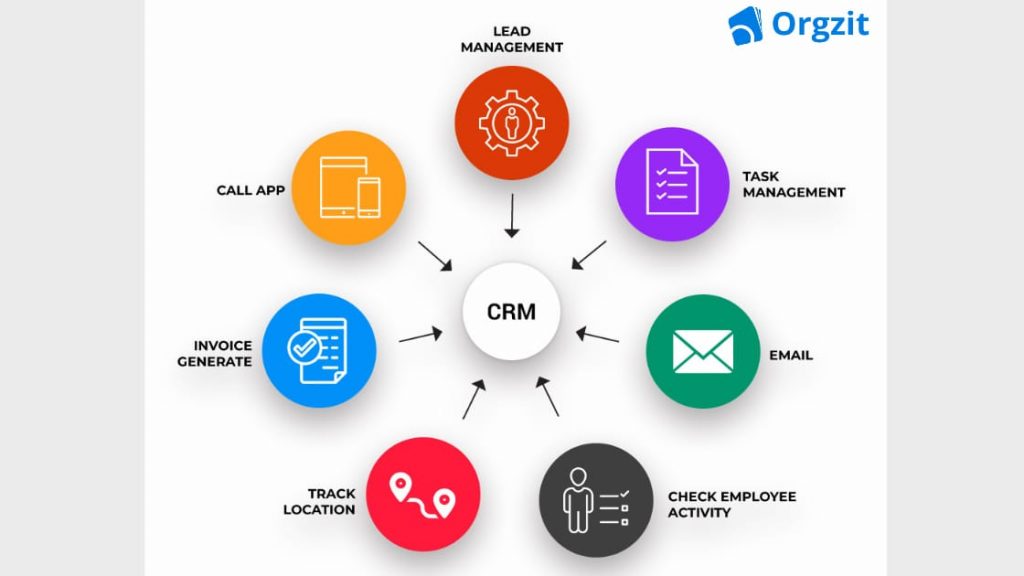

#CRM isn’t really a need.
It’s entirely a myth. If you own a business and you have customers, you do need a CRM. Your business can maybe survive without a CRM, but thriving and prospering is where CRM comes into play.
#All CRMs Are Pretty Much the Same
Not at all! Let’s understand with an example. While Salesforce is a giant and can do pretty much everything, it might not be as friendly and suitable for small, very small businesses as Orgzit (designed for employee size <100) will.
#Implementing CRM is really hard
It’s a common myth that using a CRM requires technical and programming expertise. While some CRMs do require a computer guru to set them up, most CRMs like Orgzit, which use no code technology, don’t involve these hassles, and you can use them straight out of the box.
#CRM costs a lot of money
This is a prominent big myth, so let me clarify it all. CRMs come with huge benefits, and while some big CRMs like Microsoft and Salesforce can be expensive, there are plenty of great CRMs that are extremely pocket-friendly and even have free as their starting price range. Now, How cool is that!!!
#Running a CRM requires a big team
That is totally a myth. In fact, Adding CRM actually makes it possible for a smaller team to wrangle a lot more data effectively.
Comparative analysis of CRM (How to pick the best one)
Given below is a CRM comparison chart:-
| CRMs | Orgzit | Zoho | Hubspot | MS DYnamics | Pipedrive | Salesforce |
|---|---|---|---|---|---|---|
| Target Size | <100 | 100+ | 100 + | 100+ | <5 | 100+ |
| Ease of Use | Easy | Moderately Difficult | Moderately Difficult | Complex | Easy | Complex |
| Budget | Best Value | Expensive | Expensive | Very Expensive | Affordable | Very Expensive |
| Pricing | $29-$69 per user per month | Free- $52 per user per month | Free-$360 per user per month | $210 per use/month | $25-85 per user per month | $25-$330 per user per month |
| Customer Success | Dedicated Success Team | Pay Extra | Pay Extra | Pay Extra | Not Available | Pay Extra |
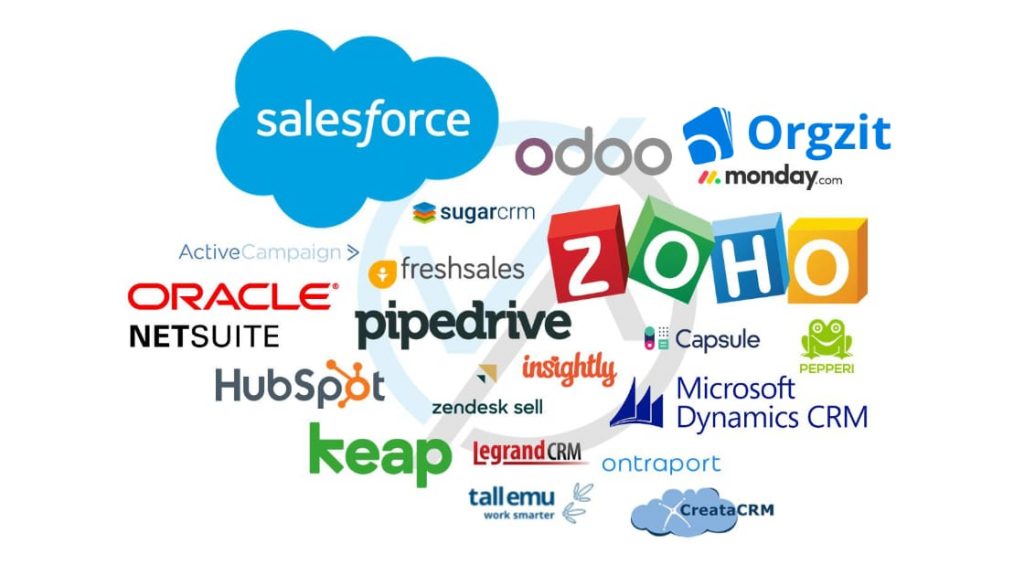

Conclusion: How do you choose which CRM best fits you?
Good customer relationship management equates to a better business. A customer relationship management (CRM) system is a piece of software that aids business owners in creating and maintaining relationships with their clients. Choosing the right type of CRM solution requires you to research and identify your goal. After identifying a clear business goal and budget, you can choose your CRM type and set it up, followed by implementation and analysis. With the presence of multiple options in the market, you can easily find a CRM that matches your vision. I hope this article was helpful. All the best for getting your ideal CRM solution.
FAQs
CRMs are significant as they are used to strengthen client relationships. They assist companies to efficiently provide personalized, pertinent communications to their customers by offering a safe, well-organized, low-touch storage solution for client information.
There are four main types Of CRM applications:
•Operational
•Analytical
•Collaborative
•Strategic
A sales pipeline focuses on the set of actions a seller takes whereas a sales process is a set of important steps that a sales team can follow to complete a sales cycle.
Yes. CRM systems provide real-time data, helping businesses to improve relationships and increase sales.
Some of the major factors to consider are:
•Clearly defined business goals
•Price
•User reviews
•Conversions
•Demo and play
•Customization


